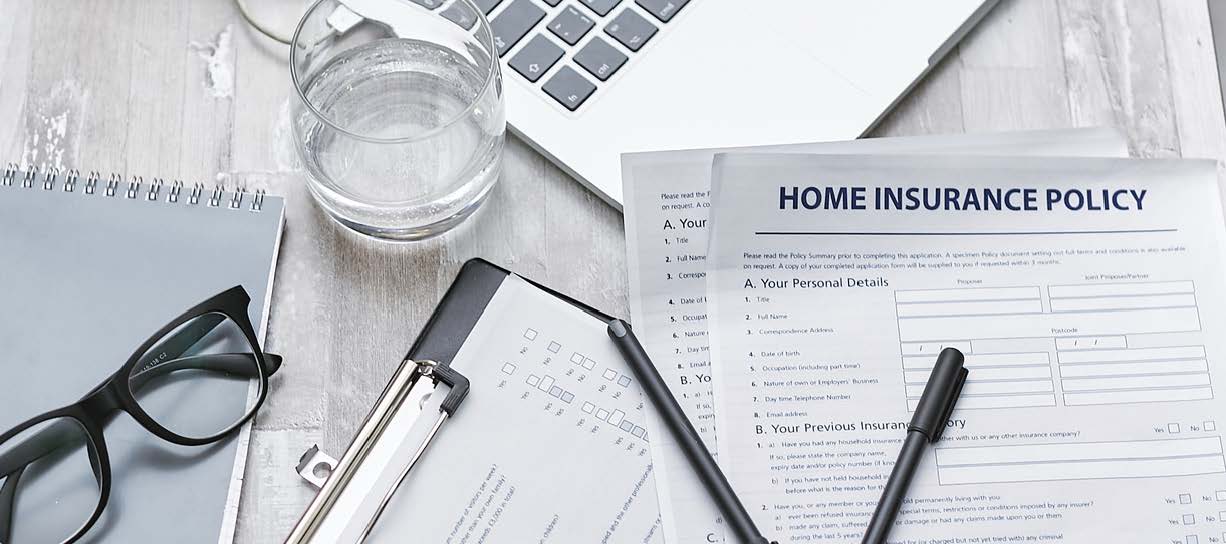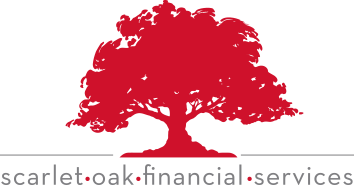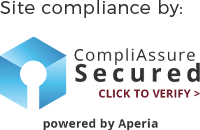Introduction
Liability insurance is a vital part of your homeowners policy that helps protect you from legal and financial risks. Whether someone is injured on your property or claims you caused damage to their belongings, your policy may help cover medical expenses, legal fees, and settlements. For example, are you covered if your dog bites a neighbor, your tree falls on their fence, or someone slips on your walkway? The answers lie in the liability section of your policy. This section typically includes two types of coverage: personal liability and medical payments. Knowing what is covered, what is excluded, and the conditions that must be met can help you better protect yourself and your property.
Personal liability coverage pays damages to people injured by you or your property
Most homeowners policies provide a standard amount of liability coverage (usually $100,000) per occurrence, but you may be able to increase this amount. If you or another insured are found responsible for someone else’s bodily injury or property damage, your personal liability coverage may kick in and pay the damages. If an injured or damaged person brings a lawsuit, your insurance company may also pay to defend you or any other insured named in the lawsuit. You should note, though, that you’re typically covered only for negligence (carelessness); you aren’t covered for intentional injuries and damage.
The liability part of your homeowners insurance covers you both at home and away. It also covers those family members who live with you. It protects you against many types of accidents and occurrences, including slip-and-fall injuries on your property, dog bites to the letter carrier, and damage done to your neighbor’s siding by your son’s baseball. Read your policy carefully to find out what’s covered.
Medical payments coverage pays an injured party’s medical bills
If all conditions are met and no exclusions apply, your insurance company will pay the necessary medical expenses (for up to three years) of someone injured on or through your property. This coverage doesn’t apply to your own medical expenses and the medical expenses of your household residents, except for your household employees. Injuries that take place away from your premises are also covered, as long as you, another insured, a household employee, or your pet caused the injury.
Medical expenses may include reasonable charges for medical, surgical, X-ray, dental, ambulance, hospital, and professional nursing services, as well as prosthetic devices and funeral services.
What about exclusions from coverage and conditions of coverage?
The liability insurance section of your homeowners policy also contains an exclusions section that denies or precludes coverage in specific instances. These exclusions are listed and described. For example, your homeowners policy won’t cover damages caused by your car. In addition, liability coverage doesn’t apply to injuries or damages arising from business or professional activities (including those related to a home office), to injuries or damages intentionally caused by you, or to injuries suffered by members of your household.
Your insurance policy will also list the conditions you must satisfy before coverage will kick in. For instance, you’ll probably be required to provide written notice to your insurance company of any covered occurrences. You’ll also be obligated to promptly forward any notice, demand, or summons related to a claim.
Make sure you read all exclusions and conditions carefully. If you don’t understand a particular point, ask your insurance agent.
If you need more liability protection, consider a personal umbrella liability policy
If you need more liability protection than your homeowners policy offers, consider purchasing a personal umbrella liability policy. This type of policy can significantly expand your liability coverage by providing a liability limit above that contained in your homeowners policy. Without adequate liability protection, a large judgment against you could cost you your assets, as well as your potential future earnings and inheritances. Most insurers who write home insurance policies also sell personal umbrella liability policies.
Conclusion
The liability coverage within your homeowners insurance plays a critical role in shielding you and your family from financial risk. From everyday mishaps like a visitor’s fall to more complex scenarios involving personal injury claims, the right policy provides peace of mind. Review your current coverage, understand its limits and exclusions, and consider additional protection such as a personal umbrella policy if your needs go beyond the basics. Taking these steps today can help safeguard your future.
Scarlet Oak Financial Services can be reached at 800.871.1219 or contact us here. Click here to sign up for our weekly newsletter with the latest economic news.
Source:
Broadridge Investor Communication Solutions, Inc. prepared this material for use by Scarlet Oak Financial Services.
Broadridge Investor Communication Solutions, Inc. does not provide investment, tax, legal, or retirement advice or recommendations. The information presented here is not specific to any individual’s personal circumstances. To the extent that this material concerns tax matters, it is not intended or written to be used, and cannot be used, by a taxpayer for the purpose of avoiding penalties that may be imposed by law. Each taxpayer should seek independent advice from a tax professional based on individual circumstances. Scarlet Oak Financial Services provide these materials for general information and educational purposes based upon publicly available information from sources believed to be reliable — we cannot assure the accuracy or completeness of these materials. The information in these materials may change at any time and without notice.



